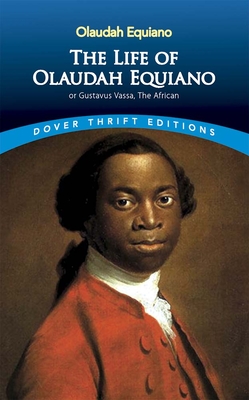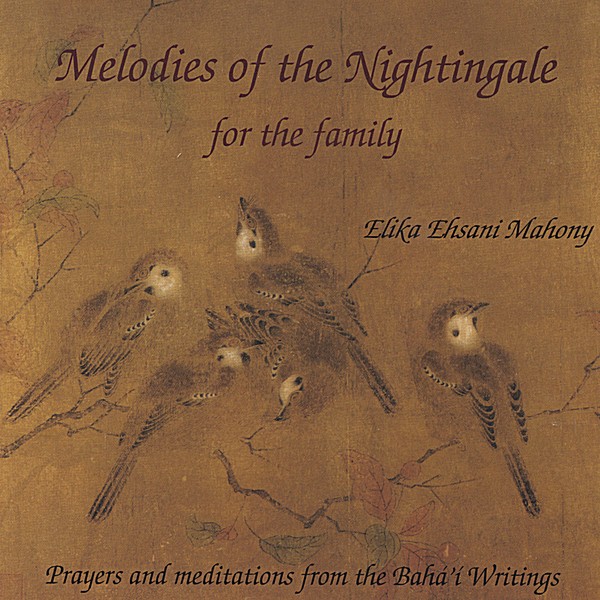
description
ictments of the horrors of slavery and oppression, invaluable not only for the stories they tell but also for the consistently high quality of their literary style. This book by Olaudah Equiano is one such story. A compelling account that has gripped and fascinated readers since its original London publication in 1789, the narrative describes Equiano's formidable journey from captivity to freedom and literacy.
Charting a passage that takes him from life as an Igbo prince in what is now eastern Nigeria to the New World, Equiano begins with a description of his native land that includes particulars of the dress, agriculture, industry, commerce, rituals, superstitions, and religious ceremonies of his country. In stark and poignant detail he gives a compelling account of his kidnapping and his ordeal aboard the slave ship, his service in the French and Indian wars, as well as many other of his vicissitudes and adventures until he finally settles in England, where he becomes a key figure in the British abolitionist movement.
Skillfully written with a wealth of grossing detail, this volume powerfully illustrates the nature of the black experience in slavery, making it essential reading for students of African-American history and anyone interested in the struggle for equal rights and human dignity.
Charting a passage that takes him from life as an Igbo prince in what is now eastern Nigeria to the New World, Equiano begins with a description of his native land that includes particulars of the dress, agriculture, industry, commerce, rituals, superstitions, and religious ceremonies of his country. In stark and poignant detail he gives a compelling account of his kidnapping and his ordeal aboard the slave ship, his service in the French and Indian wars, as well as many other of his vicissitudes and adventures until he finally settles in England, where he becomes a key figure in the British abolitionist movement.
Skillfully written with a wealth of grossing detail, this volume powerfully illustrates the nature of the black experience in slavery, making it essential reading for students of African-American history and anyone interested in the struggle for equal rights and human dignity.
member goods
No member items were found under this heading.
Return Policy
All sales are final
Shipping
No special shipping considerations available.
Shipping fees determined at checkout.







